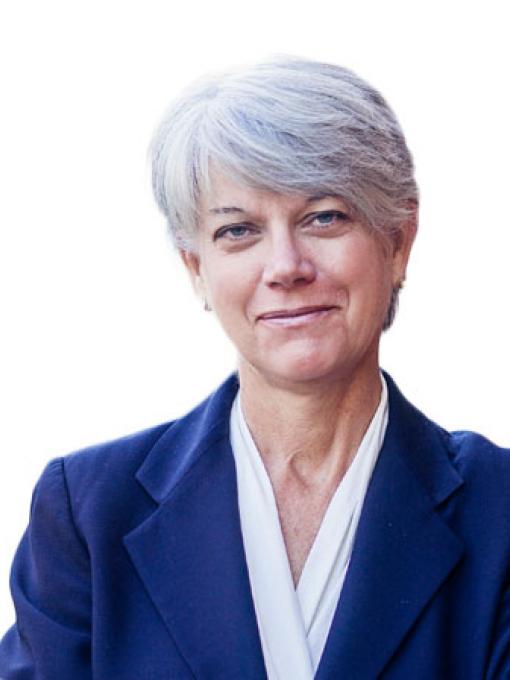To mark the 2021 International Day of Peace, the United Nations is focused on “how to transform our world into one that is more equal, more just, equitable, inclusive, sustainable, and healthier.”
Quakers share this focus in our witness. At FCNL we seek to bring about transformation in our country as we advocate with Congress.
Today is not a day for despair or frustration. It is a day to recommit to the work of peace and to hope for the future.
Our world faces many challenges to peace, inclusive justice, equity, and sustainability. We see the continuing dramatic rise of the COVID-19 Delta variant, with the most vulnerable facing its harshest health and economic impacts. Communities and people are experiencing the increasingly severe impacts of climate change, likewise, disproportionately affecting people who have been marginalized.
Heat waves, wildfires, mass flooding, and stronger storms are destroying lives and livelihoods. The alarming impact of climate change, violent conflict, and glaring economic desperation is driving unprecedented migration. Political violence and war, coupled with the continued global struggle for racial justice and gender equality, continue to upend countries.
Today—the International Day of Peace—is not a day for despair or frustration. It is a day to recommit to the work of peace and to hope for the future. At FCNL, we understand that the United States has a particularly influential role in the international order. It has a responsibility to end wars and violence, to promote peacebuilding, foster effective diplomacy and just development that recognizes the humanity of every person. FCNL advocates that peace, justice, and a sustainable planet are at the center of our government’s response to these many challenges.
In May, FCNL cautioned Congress on the early warning signs of new violence resulting from the impacts of COVID-19 and called for more support to peacebuilding, conflict prevention, and violence reduction efforts, to protect people. Consistent with FCNL’s advocacy, the House increased support for diplomacy and development by 12% over last year in its State, Foreign Operations, and Related Programs funding bill. This includes $4.2 billion for key peacebuilding accounts, an increase of more than $650 million. If enacted, this would be the highest level of funding to peacebuilding in six years.
As the United Nations General Assembly gathers in New York, the United States must consider its responsibilities and commitments to multilateralism and global action toward peace, justice, and a sustainable planet.
Beyond peacebuilding, we are committed to environmental justice. We promote peace and justice when Black, brown, Indigenous, and low-income communities are not forced to suffer from the heaviest impacts of environmental degradation and climate change. We advocate that Congress redress the injustices these communities experience and that people most directly affected will be heard.
This year our Advocacy Corps organizers are mobilizing their communities to advance environmental justice by lobbying in support of the Environmental Justice for All Act (H.R. 2021 and S. 872). The organizers are working in solidarity with groups which have been on the frontline of this movement for decades.
However, these policies and funding increases will have a limited impact if the U.S. foreign policy establishment continues to perpetuate a militarist paradigm that is so harmful to so many, particularly people of color. As the UN is urging, FCNL has been leading a project with the Center for International Policy to understand and explore ways to dismantle the racism-militarism paradigm that is deeply embedded in U.S. foreign policy.
Additionally, as the United Nations General Assembly gathers in New York, the United States must consider its responsibilities and commitments to multilateralism and global action toward peace, justice, and a sustainable planet.
U.N. peacekeeping missions are a critical facet of this collective effort for peace – reducing violence, protecting civilians, and stabilizing some of the world’s most volatile conflict zones. However, for over 25 years, Congress has prevented the U.S. government from paying its dues to U.N. peacekeeping on time and in full—leading to over $1 billion in arrears since 2017 alone.
I encourage you to join us in urging Congress to lift this arbitrary cap and allow the United States pays its fair share of United Nations peacekeeping missions by passing the U.S. Commitment to Peacekeeping Act (H.R. 4420).
On this International Day of Peace, I hope you will join me to speak out for peace, for ending violence and harm to communities and people who have been harmed, that you will act with FCNL in our collective work to build a more peaceful, equitable, and sustainable world.
